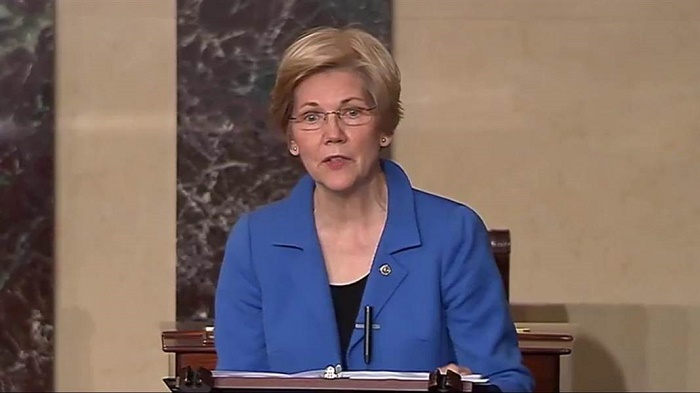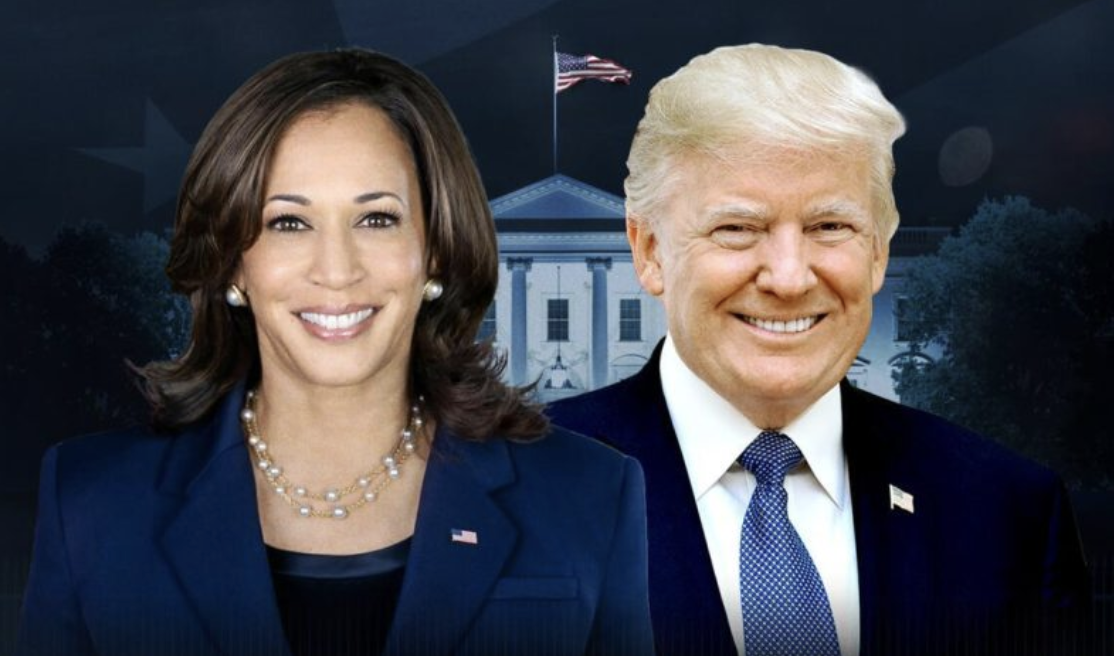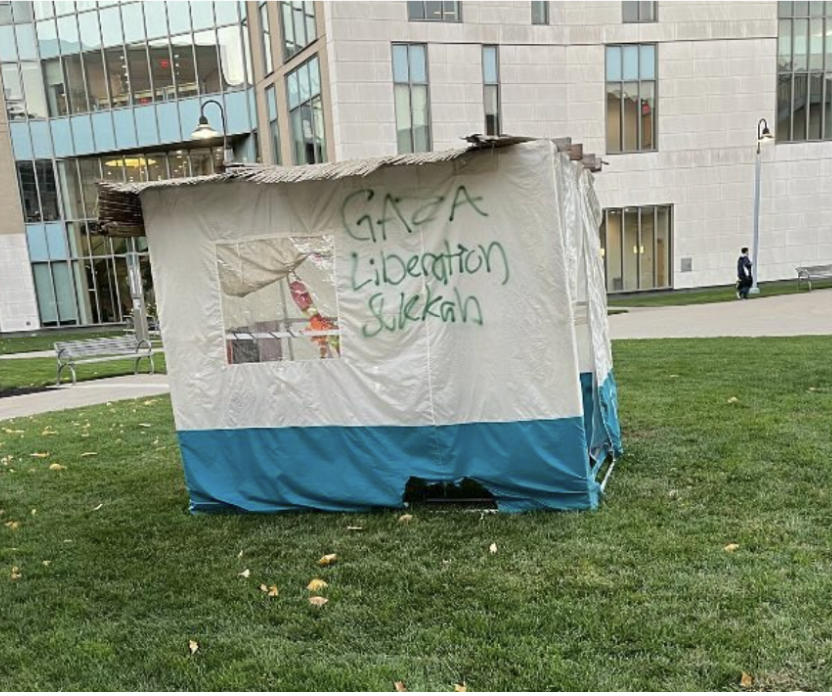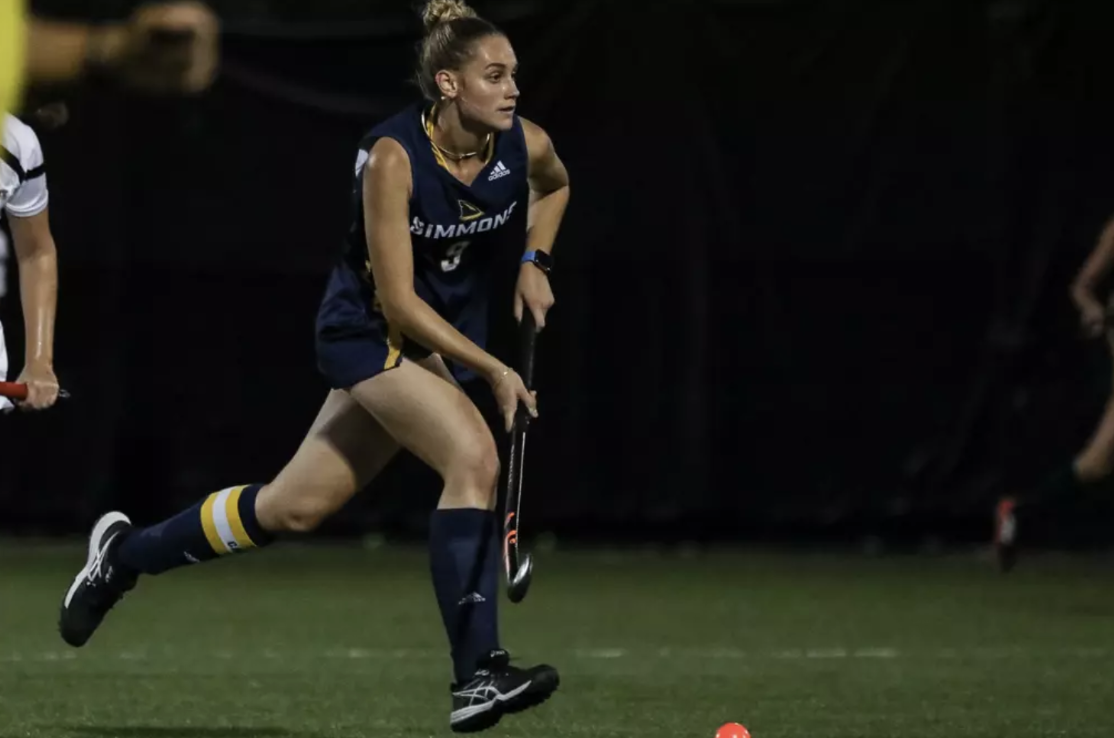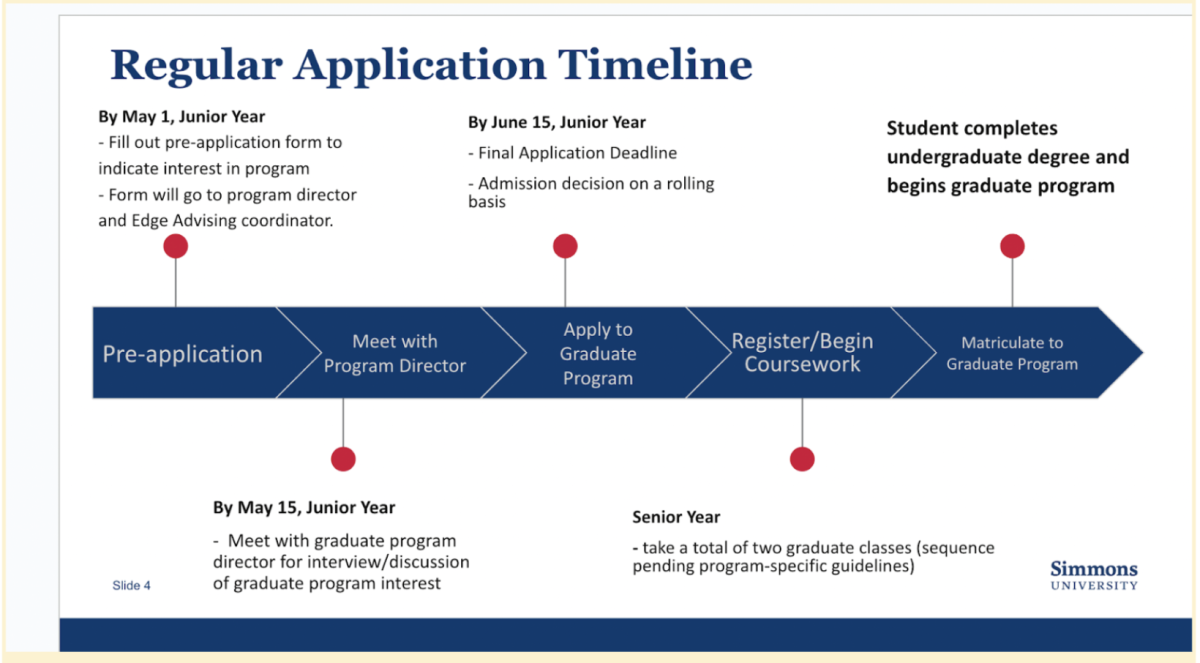The disease continues to impact West Africa
By Lindsey Stokes
Staff Writer

As global panic resulting from the Ebola crisis that has plagued West Africa over the past year slowly subsides, panelists at Monday’s Warburg lecture, discussed the next steps in ensuring the number of new cases hit zero.
The lecture, “Countering Ebola: What Are We Doing? What Are We Learning?” focused on the continued strain on the West African countries of Guinea, Sierra Leone, and Liberia as Ebola continues to impact the African nations, and the steps that must be taken to contain the virus.
“This was one of the most fearsome international emergencies in recent times,” began Ambassador (ret.) William Bellamy who served as panel moderator. “The impact of Ebola extends further than the high impact casualty counts.”
The panel brought together three experts active in combating the deadly virus: J. Stephen Morrison and Andrew Weber, two strategist and diplomatic actors working to frame U.S. response, and Dr. Andy Sechler, a medical professional who has been strengthening community health resources in Liberia since 2010.
Morrison is the Senior Vice President and Director of the Global Health Policy Center. Meanwhile Webber is the Deputy Coordinator for Ebola Response at the U.S. Department of State.
Sechler is an Instructor of Medicine at Harvard Medical School and the Director of Program Quality at Last Mile Health, an organization dedicated to providing relief effort for those suffering from Ebola.
Dr. Sheila Davis, chief of Ebola response at Partners in Health, was also scheduled to appear but was unable due to a colleague on the ground in Sierra Leone contracting the virus last week.

Bellamy opened the discussion by asking the question on the minds of many: are we out of the woods yet? While most panelists agreed that the outbreak has been relatively contained, unique challenges are still ahead.
Over 100 new cases a week continue to be reported in both Sierra Leone and Guinea, an issue that is expected to increase in severity as the May rainy season approaches. The rains make community outreach difficult by washing out roads, which as a direct result makes tracking and tracing each case problematic.
At this stage, warned one panelist, complacency is the biggest threat, as the Ebola virus has an incredible ability to spread; that fact has not changed. Safeguards must continue to exist even after the initial threat has subsided.
All panelists warned of the consequences of government mishandlings, and of weak leadership. The response, they urged should be civilian lead and community based in order to be sustainable.
The lessons to be taken away from this specific crisis are numerous. Continuing to deal with the current outbreak as well as prevent outbreaks down the road will, according to the panel, be a unique challenge in terms of vaccination development and building regional, as well as international public health capacity.
According to Sechler, the way the American public looks at outbreaks must also change.
By breaking stigma and superstitions surrounding a disease, as well as understanding the setting, or “the difference in global lives” we come to realize what we take for granted and thereby shift our response. This approach allows those infected to maintain their human dignity while simultaneously fighting for their lives.
During the question and answer segment that followed, students and faculty were given the opportunity to voice concerns.
The questions varied from what would happen if an Ebola crisis were to hit the United States, to the level at which racism and classism affected the response, i.e. would the outbreak have continued had it occurred in a western country.
“We have known about Ebola since 1976,” said Associate Professor of biology Liz Scott. “I am so frustrated that we have allowed this to happen again.”












